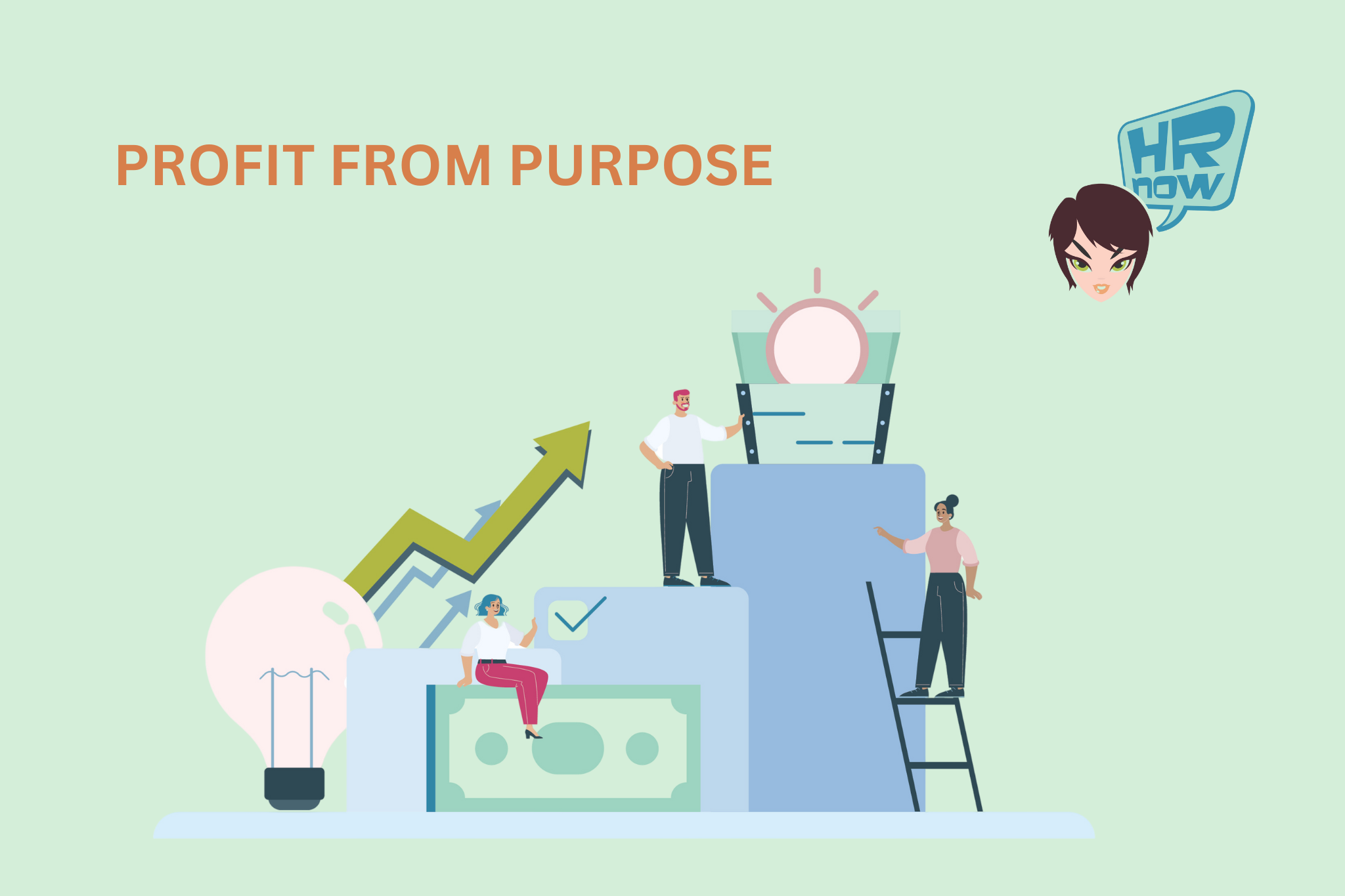Every business says its people are its greatest asset. Fewer actually prove it. The difference comes down to how well a company connects its purpose to its people — and that’s where strong HR practice earns its keep.
When employees genuinely understand and believe in the company’s purpose, something changes. They stop just doing their jobs and start caring about the outcome.
Work becomes more than a payslip; it’s something they’re proud to be part of. That pride shows up everywhere - in customer interactions, innovation, and even the way colleagues treat one another.
It’s easy to dismiss “purpose” as corporate fluff, but the numbers tell another story. Research consistently shows that businesses with a strong sense of purpose outperform those without one. Productivity rises, absenteeism drops, and turnover slows because people are more engaged and less likely to drift elsewhere. In short, purpose pays.
And this is where HR makes a measurable difference. It’s HR that embeds purpose into recruitment, onboarding, and performance reviews. It’s HR that ensures company values are more than just words on a wall. When those values shape daily decisions - who gets promoted, who gets recognised, how success is defined; people notice.
They buy in.
The return on that buy-in is enormous:
- Higher productivity – engaged teams simply work better together
- Lower churn – people stay when they feel part of something bigger
- Stronger brand reputation – proud employees talk, and people listen
A clear sense of purpose isn’t just good for morale; it’s good for business. The companies that thrive in tough times are those whose people know exactly why they’re there — and feel valued for being part of it.
Case Study — John Lewis Partnership (UK Retail)
One of the most-cited British companies for linking purpose, people and performance.
The set-up
- John Lewis is employee-owned – every colleague is a “Partner”, and decisions & profits are shared accordingly
- The business model is explicitly built on the belief that how you treat your people has a direct impact on how they treat customers, which then drives business success
What they do in HR/People terms
- Partners have a share of profits (when declared), and the culture emphasises trust, fairness and engagement.
- Values and purpose are embedded into how they operate — not just for show but built into the model.
- Recognised as having stronger employee engagement and performance outcomes compared to more conventional ownership models.
Business outcomes:
- Because employees feel ownership and alignment with the business, they are more committed and deliver higher discretionary effort. (That’s the link: purpose → belief → performance)
- The model is associated with stronger growth, higher retention, less absenteeism (in broader employee-ownership literature, of which John Lewis is a prime example)
Key takeaway
This is a proof-point that when people feel part of why a business exists (and not just what it does), HR becomes the bridge between purpose and performance. Good HR policy and practice in this context isn’t an add-on — it’s the engine of the business model itself.
If you’re interested in finding out more about creating a great workplace culture, get on touch hello@hrnow.je or why not sign up to our bite-size lunch and learn on 13th November and discover how to hire for succe
